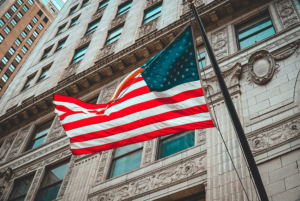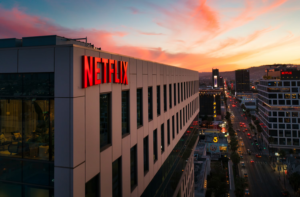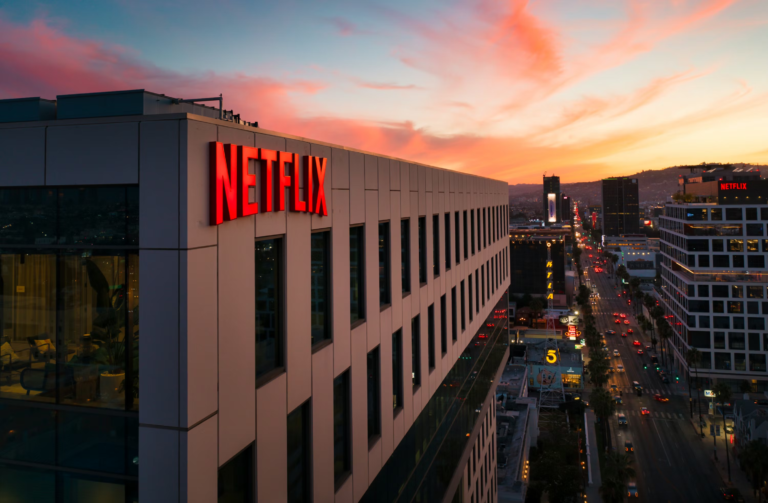The UK has become a major hub for international business events, with one of the biggest annual gatherings being the World Travel Market (WTM) London. Every year, this massive travel trade show attracts thousands of international delegates, generating significant revenue for the UK’s tourism and hospitality sectors. According to VisitBritain, visitors at trade shows like WTM London spend an impressive £352 each day, adding a substantial boost to the economy and supporting countless local businesses. But the story doesn’t stop there – this spending has ripple effects, creating even more opportunities for growth in the UK.
Spending Big: What International Delegates Contribute
Imagine thousands of business professionals coming from around the world to attend WTM London. These delegates are not only there for the event but also to enjoy the city, stay in hotels, eat out at restaurants, shop, and use transportation. With an average daily spend of £352 per delegate, it’s clear these business visitors contribute a lot to local businesses, especially near the ExCeL London exhibition center where WTM takes place. This spending is even higher than what typical tourists contribute, as business delegates often stay longer, choose premium accommodations, and spend extra on business-related needs.
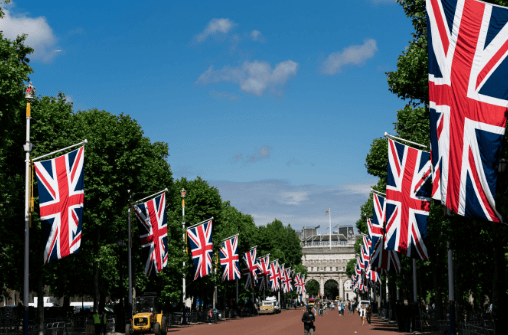
In 2024, VisitBritain estimated that the total spending by WTM London delegates hit around £71.2 million. This spending benefits various businesses, including hotels, restaurants, and taxis, providing a huge revenue boost. These events attract over 70,000 people in the travel industry, and with the high daily spending, the overall impact on the economy is massive.
The Ripple Effect: More Than Just Direct Spending
One of the most exciting aspects of trade show tourism is the ripple effect. This means that every pound spent by a delegate doesn’t just benefit one business – it creates opportunities for others too. For example, when a delegate stays in a hotel, the hotel buys supplies from local vendors, who in turn may purchase goods and services from other local businesses. This continuous spending loop strengthens the local economy and provides income to many people indirectly linked to tourism.
According to a Deloitte report, for every £1,000 spent by a delegate, another £1,800 is generated in tourism value through this ripple effect. This spending boosts the economy beyond just the hospitality and tourism sectors. As a result, WTM London alone generates an estimated £200 million in economic activity, showcasing the power of trade show tourism in driving economic growth.
Supporting Local Jobs and Businesses
Trade show delegates’ spending doesn’t just help businesses; it also creates job opportunities across the UK. From hotel staff to restaurant workers, many people’s jobs are connected to the tourism industry. The £71.2 million spent by delegates at WTM London supports approximately 10,000 jobs nationwide. These jobs range from those in hotels and restaurants to event planning and transportation roles, with workers receiving a total of around £425 million in wages.
When delegates visit local attractions, museums, or even enjoy the public transport system, they’re helping these industries stay afloat. This spending is vital, especially as the UK recovers from the economic setbacks of the COVID-19 pandemic. It also highlights the importance of the UK as a welcoming and profitable destination for international business travelers.
Encouraging Repeat Visits
Trade shows like WTM London also bring long-term benefits. Often, when delegates attend an event in a city, they get to experience its culture, food, and attractions, which encourages them to return for leisure in the future. Many delegates who visit the UK for trade shows are inspired to bring their families back for vacations, contributing even more to tourism.
This repeat tourism is a big win for the UK. According to Tātaki Auckland Unlimited, an expert in destination management, trade show tourism frequently results in high rates of return visits. These delegates often come back with family members or friends, or simply explore more parts of the UK. By leaving a positive impression, events like WTM London can have a lasting impact on the UK’s tourism sector.
Opportunities and Challenges for the UK’s Trade Show Tourism
Despite the positive impact, the UK faces challenges in sustaining its position as a top destination for business events. Rising accommodation costs and high operating expenses can discourage event organizers from choosing the UK. The industry also has to navigate visa policies and streamline entry processes for international delegates, as these hurdles can sometimes make the UK less appealing.
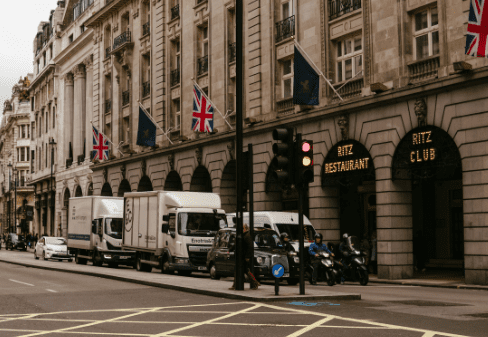
However, these challenges provide opportunities for improvement. The UK government, together with tourism organizations, could invest in infrastructure, making the country more accessible and attractive to international visitors. Simplifying visa procedures, promoting eco-friendly practices, and showcasing the UK’s commitment to responsible tourism could make a big difference. As more business travelers become eco-conscious, promoting the UK as a sustainable destination could increase its appeal.
Looking Ahead: The Future of Trade Show Tourism in the UK
Trade show tourism has proven to be a powerful engine for the UK economy, supporting jobs, boosting local businesses, and attracting international visitors. Events like WTM London showcase the UK’s appeal as a business-friendly destination with world-class venues, exceptional hospitality, and vibrant city life. With smart planning and investments, the UK could continue to thrive as a global leader in trade show tourism, helping to ensure a steady stream of visitors and long-term economic benefits.

